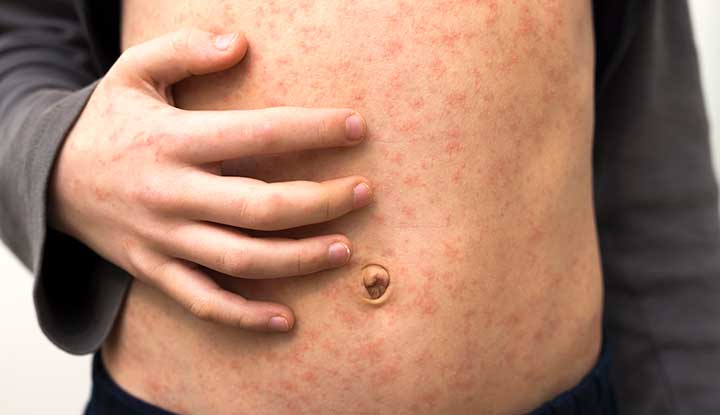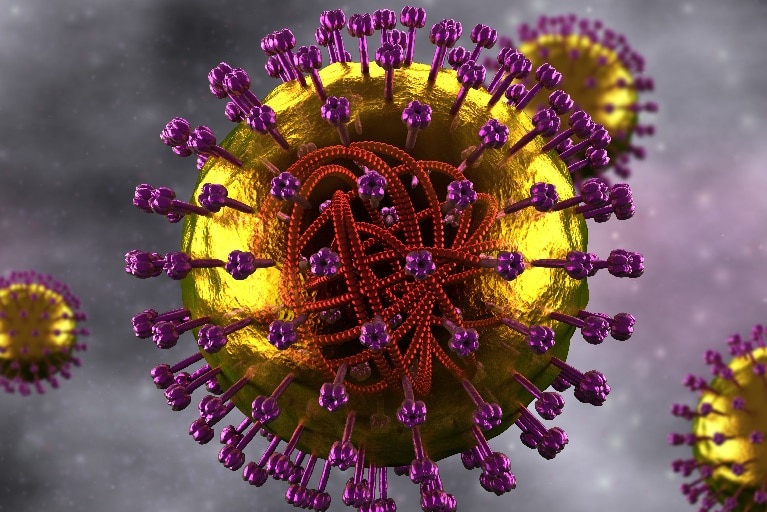Healthcare workers globally should be vigilant for measles cases, according to the CDC. A recent WHO analysis found a 30-fold increase in global measles cases, leading to roughly 21,000 hospitalizations and 5 deaths in Europe.

Photo from Cleveland Clinic
US Records 23 Cases Amid Global Surge – What You Need to Know!
The US reported 23 measles cases between December 2023 and January 2024, including seven in international travelers. Washington State and Philadelphia, Pennsylvania, had two outbreaks with over five cases. More cases were reported at Denver and Kansas City airports and hospitals.
Most measles cases include children and adolescents who were eligible but hadn’t received the vaccine. Due to the COVID-19 pandemic, 67 million children missed vaccines between 2019 and 2021, according to the WHO.
Measles signs include a rash with fever, cough, head cold, or conjunctivitis, so doctors should be on alert. The CDC recommends recognizing patients who recently traveled overseas, especially to measles-endemic countries. Contagious from four days before to after rash development.
READ ALSO: Iowa Health Officials Take Action To Curb Maternal Deaths
CDC guidelines for healthcare providers
Healthcare facilities should isolate suspected measles patients. When assessing suspected cases, providers should take standard and airborne precautions regardless of vaccination status.
Notification: Report suspected measles cases to local or state health officials for testing and investigation. States report measles cases to the CDC via NNDSS.
Testing: Take blood and nasopharyngeal or throat swabs from measles-like patients per CDC guidelines.
Coordination with health departments to address close contacts without immunity.
Measles vaccine: Vaccinate all patients, especially those traveling abroad, against measles.
During this worldwide measles pandemic, healthcare providers must diagnose, manage, and prevent its spread.
READ ALSO: Researchers: Limited Access To Abortion For Rape Survivors In Some States

















































